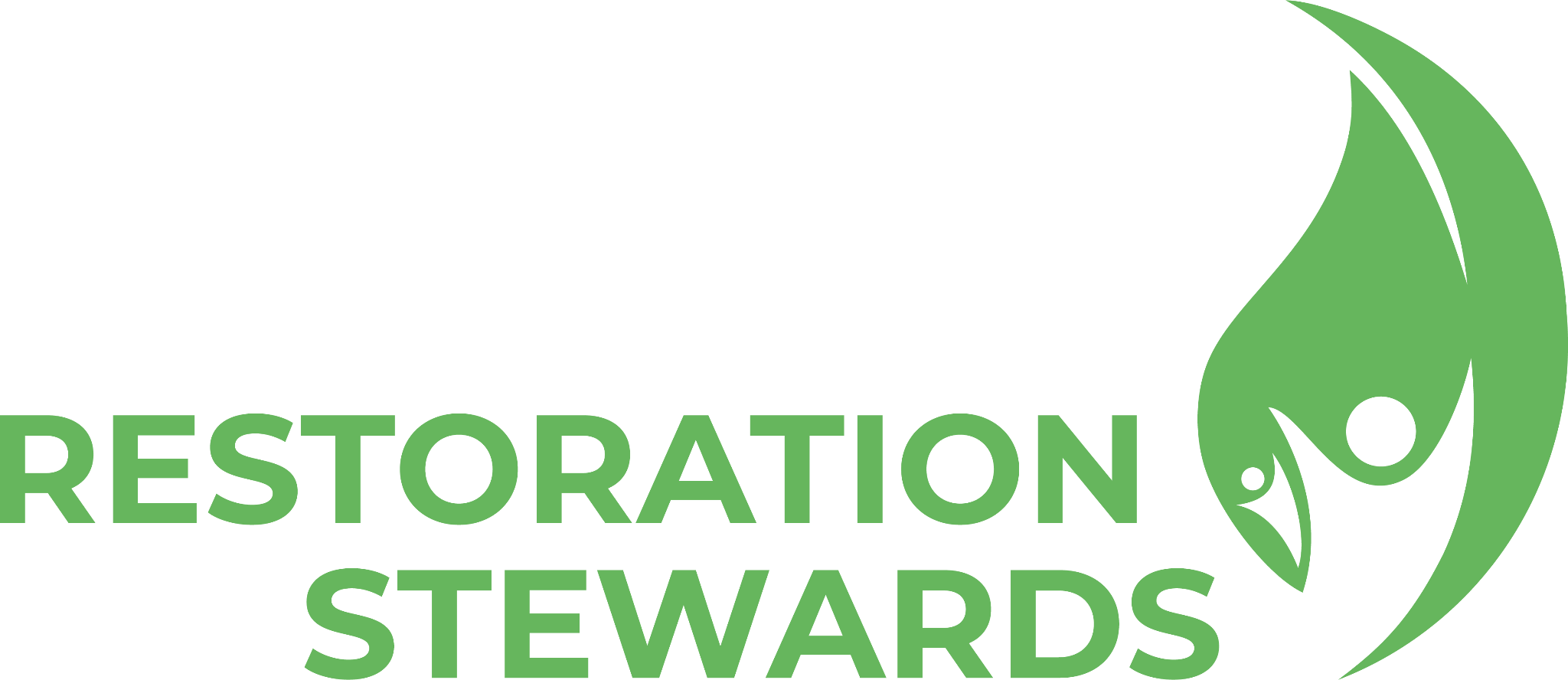Mother Earth’s agony: Tackling plastic pollution in Bolivia with Indigenous knowledge
I would like to begin with a symbolic moment of silence.
From wherever you are, I invite you to join me in visualizing the Indigenous communities, wildlife and plant species that are in agony due to the devastating fires consuming the lungs of the world – the Amazon rainforest.
In our interconnected world, the fires raging in the Amazon have far-reaching consequences, affecting places that seem to be distant, such as Uru Uru Lake in the Bolivian Highlands, where I, Dayana Blanco, and the rest of the Uru Uru Team conduct our restoration work.
Even from our territories, it is easy to witness how the immaculate natural systems that enable life are being disrupted.
These fires aren’t just isolated events: they are polluting the air we all breathe, accelerating the extinction of irreplaceable species, and displacing the most vulnerable communities, particularly Indigenous Peoples.
Even though wildfires are ravaging the region and affecting our Pachamama (Mother Earth), the Uru Uru Team still finds the inspiration and strength to continue pushing for the restoration of landscapes in Latin America.
What it takes to revive our sacred lake
The Uru Uru team is restoring our sacred Uru Uru lake by clearing some of the plastic dumped by the nearby city and using native Totora plants to clean the lake’s waters. These reeds naturally uptake toxins and minerals – a process called phytoremediation – and have been used by our Indigenous Peoples for generations.
We place these reeds in the lake atop floating rafts made of plastic waste, and since beginning this work in 2019, we have already seen great progress in cleaning the lake.
While totora reeds are an excellent nature-based solution to purify the lake water, they cannot solve the challenge of plastic pollution alone.
Since we kicked off our work, plastic waste in the lake has not decreased but rather increased. Our community is actively recycling plastic bottles we find to build floating rafts, but the volume of trash is overwhelming at times.
We have identified the root of the problem as a lack of commitment from the Bolivian government to implement measures that stop hazardous activities such as mining that threaten our natural resources. We need stronger public policies from the Bolivian authorities and more robust environmental education to best care for nature.
An ecosystem under threat
While our community understands the principles of recycling and is aware of the impacts of plastic on our ecosystem, the garbage trucks from the nearby city of Oruro are still dumping plastic waste into the lake.
This lack of appropriate waste management contributes to the severe situation at Uru Uru Lake, which is already suffering the consequences of mining pollution and the climate crisis.
To address the issue of plastic waste, we are organizing awareness campaigns in Oruro over the coming months. Our goal is to inform people about where plastic waste ends up and how it is turning the once-clear waters of the Uru Uru Lake into a lake filled with plastic.
As an Indigenous Aymara organization, we understand the pivotal importance of working with the four integral multidimensional values that guide collective action in our community: munaña (want), yatiña (know), luraña (do), atiña (can).
In our latest efforts, we focused on the dimension of luraña, which guided the environmental campaigns to save our big house, Pachamama.

Plastic bottles in Uru Uru Lake. Photo: Dayana Blanco Quiroga
The importance of environmental education
In August 2024, we began our environmental education campaigns with school children. They were eager to listen and showed empathy for how plastic waste, mining pollution and the climate crisis are destroying our beloved lake, which is also home to different species of animals, including our native flamingos.
Following the workshops, many children began recycling plastic bottles in bins provided by the schools. After these bottles are collected, we use them to help build our floating rafts.

Campaigns were organized in schools to highlight the importance of recycling organic and inorganic waste. Photo: Odaliz Mamani

The children from the Villa Challacollo School in our environmental education campaigns. Photo: Odaliz Mamani
Our efforts to push for environmental education are constantly evolving. The latest development in our mission to nurture environmental consciousness was the expansion of our environmental campaigns at Domingo Savio University and Technical University of Oruro.
We also conducted two major public events in Oruro’s main squares, Castro de Padilla and Leones, to raise awareness about the critical importance of recycling plastic bottles.
More importantly, these environmental campaigns and roundtables highlighted the severe environmental consequences of plastic waste, which overwhelmingly burden Indigenous communities.
The audience that participated in the campaigns highlighted the responsibility that large polluting companies such as Coca-Cola and PepsiCo should take to ensure the sustainable management of plastic.
To avoid polluting our unique landscape, these companies must be held accountable for the enormous damage they are causing lakes, oceans and rivers – turning our water sources into plastic deserts.

We work with authorities to raise awareness of the importance of recycling with funding from the GLF. Photo: Mabel Cahuana

The Uru Uru Team plans environmental campaigns to be implemented in schools and universities. Photo: Mabel Cahuana
Despite wildfires, plastic pollution, and lack of protective policies, we are happy that our community is united by a common goal of restoring and defending our territory.
The Uru Uru Team continues to raise awareness about the negative effects of plastic bottles in Uru Uru Lake and clean up the lake using our Indigenous knowledge.
Still, polluting industries must take action and assume responsibility for us to completely restore our sacred lake.

